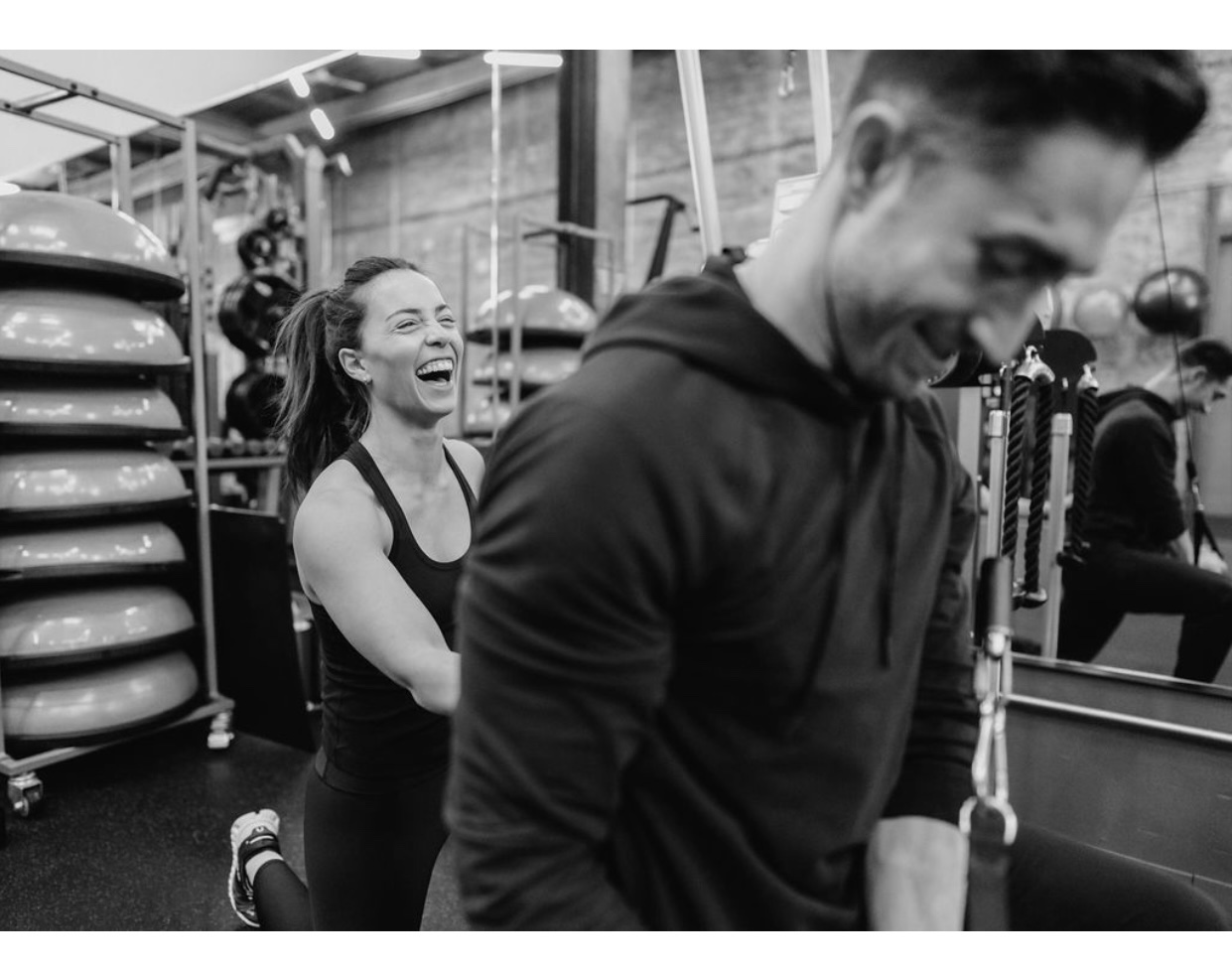This is one of my favorite questions and exercises to do as I bring on a new client. There’s a lot of goal oriented talk when someone starts training and/or entering into their nutrition program, which is good and necessary. However, does it mean they are ready, willing, and able to reach their goals and the tasks that are assigned to get there?
The reason why I love this exercise is two-fold. First, it uses motivational interviewing which means asking questions and active listening 80-90% of the time. Most coaches get caught in doing most of the talking and giving advice which will not set this person up for success. Asking questions is the key to effect change in your clients and their behaviors. Second, it puts these tasks in the hands of your clients which gets them to understand that they are in the driver seat. They are the ones in charge of their own health and habits, not you. It’s an agreement that is considered by both parties which makes for a great relationship.
Each question is answered with a scale of 1-10. 1 being “no, not at all” and 10 being “confident I can do it.” With each question, there is a task at hand. Are you ready, able, and willing to do this task? If not, let’s revise it so you feel prepared and confident to move forward.
Reality is, people may want change, but they may not be ready, able, and willing. That’s OKAY. Change demands doing things different and most times requires a lot of discomfort. Just because someone ideally wants change, doesn’t mean they are ready to put it into action. It has to be on their terms in order for this to work. You also want to help them discover their own existing strengths, resources, abilities, and problem-solving talents, which they can use to help and motivate themselves.
One of the simplest ways to do that is just by asking the right kind of questions.
- Exploring questions. Open-ended questions help people explore options. Such as, “what things are important to you? How does exercise and nutrition fit into this?” Or “What would you like to see change?”
- Imagining questions. Help people visualize a new way of living and acting. “Imagine you are already doing more of X. What would that feel like?”
- Solution-focused questions. This emphasizes how people have already succeeded and expand on that. For example, “How could we do more of that?” “Where in your life have you been successful with something like this?”
- Statements that sense into problems. We want to be non-confrontational to help people explore the problem without judgement. “I get the sense you’re struggling with…” “It seems like you’re feeling…”
The list goes on…
Personally, getting people to change their habits, behaviors, and overall lifestyle can be challenging and honestly exhausting. Motivational Interviewing is one of the best books I’ve read to teach people how to listen and ask the right questions. If you’re a coach who’s constantly giving advice and getting frustrated, this book is for you. Give this exercise a try as you take on more clients. They can tell you what they want and where they want to go, but are they ready, willing, and able to perform the tasks necessary to get there?
